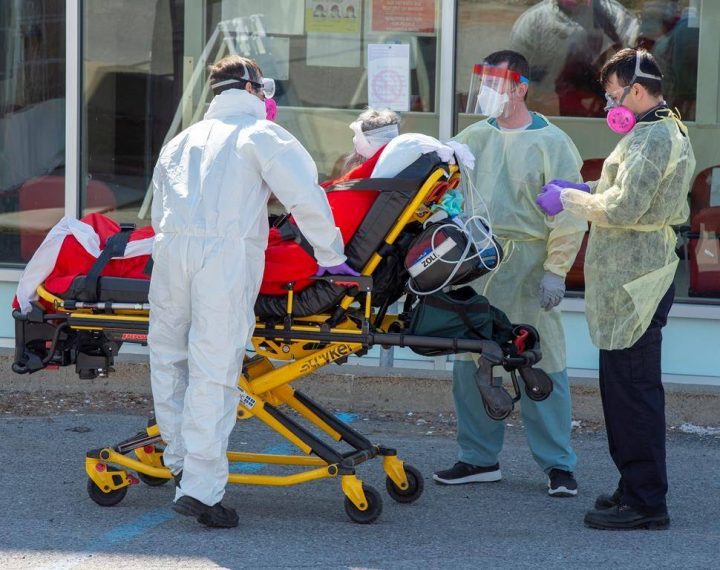Researchers at the University of Calgary are looking to help create an intervention support program for the families of first responders.

An associate professor with the U of C said the study aims to fill a gap in mental health supports for those close to workers on the front lines.
“There are programs available for the first responder or the military member themselves in terms of dealing with post-traumatic stress and things like that, but what we heard from so many families is that there was nothing for them,” Dr. Kelly Schwartz said.
“That’s what this research is about. Designing, piloting and studying the effectiveness of it, and then hopefully rolling this out as a program that can be delivered in many different formats.”
The study will focus primarily on the families of police, fire and paramedic personnel. Schwartz said the research aims to provide education on how families can process and react to the stresses felt by first responders.
“The goal is that whatever form this takes, whether its person-to-person or online delivery, is that it’s going to have at least two components,” Schwartz said.
“One is kind of a psychoeducation component — letting families in on what we know about how brains and bodies respond to stress, and educating them on how that impacts the first responder.
“Secondarily is working on how we leverage some of the strengths that we know first responder families have in terms of their ability to adapt and cope.”

Schwartz said an eight week “Before Operational Stress” program has been created to help provide psychological intervention to public safety workers, along with a pilot BOS-Families program to evaluate the emotional effects that front-line workers’ stress has on their surrounding family members.
Schwartz also noted that while the study was developed before the COVID-19 outbreak, he believes the pandemic will only spur the need for further support to these first responders and their families.
“It is increasingly likely that the second wave of the pandemic may not be a physical illness, but rather the impact on first responders’ mental health,” he said.
“Our intervention will hopefully strengthen the resiliency of the first responder through these family members so that they can continue to serve in their important public safety occupation.”
Researchers will be recruiting firefighters, paramedics and police officers and their families in Alberta, Saskatchewan and Ontario to take part in the study.
The study will begin in the coming weeks. Once finished, the research will be used to train psychologists and other mental health providers on new methods and programs for supporting first responders and their families.


Comments